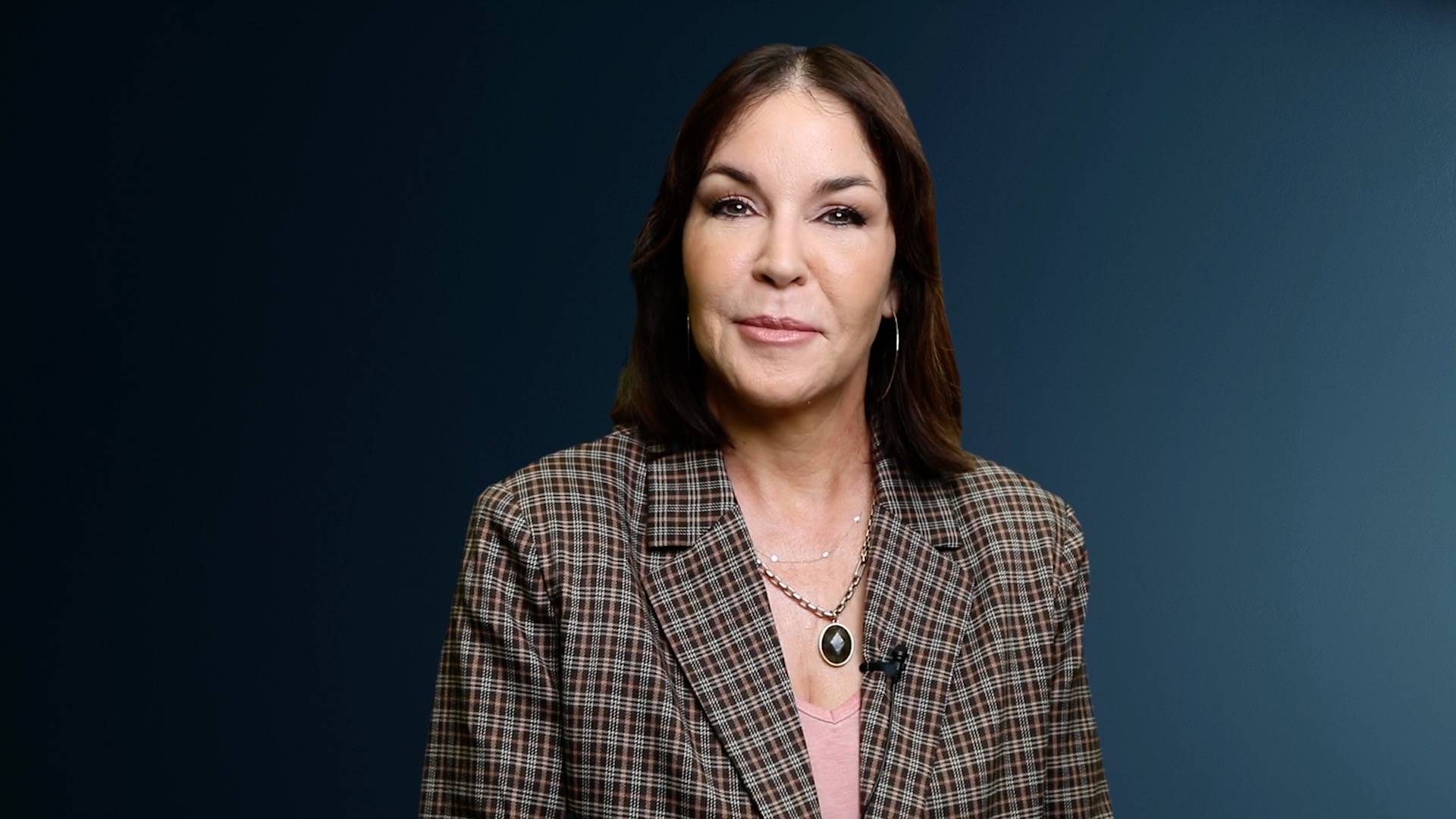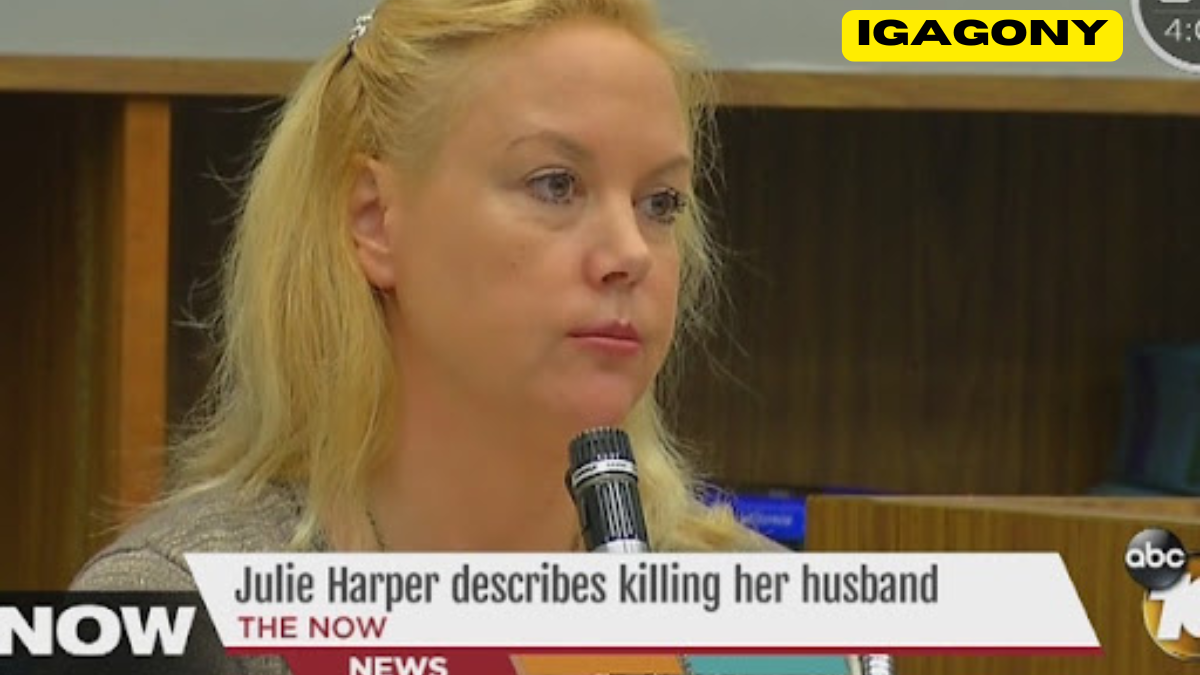Julie Harper’s name has garnered attention over the years due to her involvement in high-profile legal cases, but who is Julie Harper beyond the headlines? This article delves deep into her life, unraveling the events that led to her infamy, the complexities of her trials, and her impact on public opinion and legal proceedings. While the focus on her case often overshadows other aspects of her life, we aim to paint a holistic picture of this enigmatic individual.
The Early Life of Julie Harper: Unveiling the Woman Behind the Name
Julie Harper was not always a name associated with controversy. Born and raised in a quiet suburban neighborhood, her upbringing seemed unremarkable on the surface. Growing up in a middle-class family, Julie was known as a bright and ambitious young woman with dreams of making a difference.
From a young age, she excelled academically, often earning accolades for her performance in school. Her friends and teachers described her as a diligent, kind, and driven individual. Julie’s interests extended beyond academics; she was actively involved in community service and participated in local charity events, showcasing her compassionate nature.
Despite the outward appearance of normalcy, julie harper life was not without challenges. Family dynamics and societal pressures often weighed heavily on her, shaping her personality and influencing her decisions. These formative experiences would later be cited as significant in understanding her motivations and actions.
The Harper Marriage: A Picture-Perfect Illusion
Julie married Jason Harper, a charismatic and accomplished high school teacher and volleyball coach. To the outside world, their marriage appeared idyllic—complete with two children and a picturesque suburban home. However, as is often the case, appearances can be deceiving.
julie harper life as a wife and mother was filled with both joys and challenges. While she embraced her role in the family, cracks began to form in their seemingly perfect relationship. Friends and neighbors noticed subtle signs of discord, though nothing hinted at the tragedy that would unfold years later.
Reports from court documents and interviews revealed a marriage riddled with arguments, financial struggles, and escalating tension. Julie, often described as a reserved and introverted person, reportedly found herself feeling increasingly isolated. The pressure of managing household responsibilities while facing alleged emotional abuse took its toll, setting the stage for a catastrophic breakdown.
The Fateful Day: The Tragedy That Shook a Community

The pivotal event that brought Julie Harper into the public eye occurred on August 7, 2012. On that day, a domestic argument between Julie and Jason took a fatal turn, leaving Jason dead from a gunshot wound. Julie claimed the shooting was an act of self-defense, alleging that Jason had been abusive and threatening during their marriage.
The incident left the Harper family shattered and their community reeling. Julie’s arrest shocked those who knew her as a devoted mother and wife. Many struggled to reconcile the image of the mild-mannered woman they knew with the allegations of murder.
Julie’s account of the events painted a harrowing picture of fear and desperation. She claimed that years of emotional and verbal abuse had culminated in that moment of perceived danger. The prosecution, however, argued that the shooting was premeditated, highlighting inconsistencies in her statements and evidence of strained marital finances as potential motives.
The Trial of Julie Harper: A Legal Battle for Justice
Julie Harper’s trial was a sensational affair, captivating the public and media alike. The case highlighted complex issues such as domestic violence, self-defense laws, and the psychological toll of abusive relationships.
The prosecution argued that Julie had planned the murder, citing financial records that suggested she stood to gain financially from Jason’s death. They also pointed to the lack of physical evidence supporting her claims of immediate danger during the altercation.
The defense, on the other hand, focused on Julie’s history of alleged abuse, calling expert witnesses to testify about the psychological effects of domestic violence. They painted Julie as a victim who acted out of fear and survival instinct rather than malice.
Over the course of the trial, emotional testimonies from both sides brought to light the complexities of their relationship. The jury’s task was far from simple, as they had to navigate conflicting narratives and interpret the evidence presented.
Conviction and Sentencing: A Controversial Outcome
Julie Harper was initially convicted of second-degree murder and sentenced to 40 years to life in prison. The verdict sparked heated debates, with supporters and detractors voicing their opinions on the fairness of the outcome. Some believed the sentence was justified, given the evidence against her. Others argued that Julie’s actions were a desperate response to years of abuse, warranting leniency.
In subsequent appeals, Julie’s legal team sought to overturn the conviction, arguing procedural errors and new evidence that could support her claims of self-defense. The appeals process brought further scrutiny to the case, reigniting discussions about domestic violence and the justice system’s treatment of such cases.
Public Perception and Media Portrayal: A Divided Narrative
The media’s portrayal of Julie Harper was polarizing. Some outlets depicted her as a cold, calculating killer who exploited claims of abuse to justify her actions. Others highlighted her plight as a victim of domestic violence, emphasizing the societal failure to protect individuals in abusive relationships.
Public opinion was similarly divided. Advocacy groups for domestic violence victims rallied behind Julie, using her case to raise awareness about the struggles faced by survivors. Critics, however, questioned the credibility of her claims, pointing to gaps in her narrative and the prosecution’s arguments.
This dichotomy in public perception underscored the broader societal challenges in addressing issues of abuse, self-defense, and gender dynamics within the legal system.
The Broader Implications: Lessons from the Julie Harper Case
Julie Harper’s case brought attention to several critical issues that extend beyond her individual story. It highlighted the challenges faced by victims of domestic violence in seeking justice and the limitations of self-defense laws in cases involving intimate partners.
Legal experts have since debated whether the burden of proof in self-defense claims should be re-evaluated to account for the unique dynamics of abusive relationships. Julie’s case also raised questions about how societal attitudes toward victims of domestic violence can influence legal outcomes.
Advocacy organizations have used her story to push for reforms, including better support systems for victims and more comprehensive training for law enforcement and legal professionals in handling domestic violence cases.
Life After Conviction: Julie Harper’s Ongoing Fight for Justice
Despite her conviction, Julie Harper continues to maintain her innocence, advocating for her version of events to be heard and understood. From prison, she has reportedly worked with legal experts to explore every possible avenue for appeal. Her fight has become emblematic of the broader struggle for justice faced by individuals who claim self-defense in domestic violence cases.
Supporters of Julie’s cause have launched campaigns to bring attention to her case, arguing that her conviction reflects systemic biases within the legal system. While her future remains uncertain, Julie’s story serves as a poignant reminder of the complexities inherent in the pursuit of justice.
Reflecting on the Julie Harper Case: A Catalyst for Change
Julie Harper’s case is more than just a sensationalized legal battle; it is a narrative that encapsulates the challenges of navigating issues of abuse, justice, and societal perception. Her story has sparked conversations about the need for systemic reforms and greater awareness of the realities faced by victims of domestic violence.
As the legal community continues to grapple with the implications of her case, Julie Harper’s name will remain a touchstone for discussions about self-defense, gender dynamics, and the pursuit of fairness in the justice system. Whether seen as a victim or a perpetrator, her story is a compelling reminder of the human complexities behind every courtroom battle.



